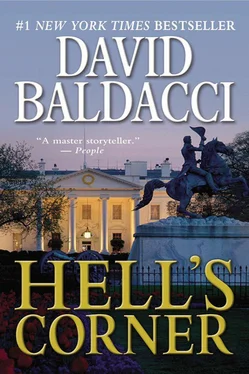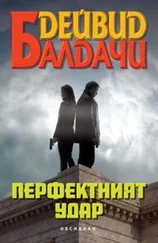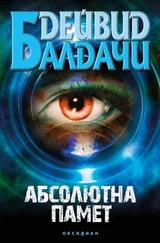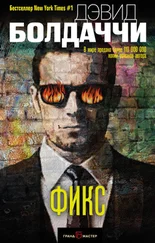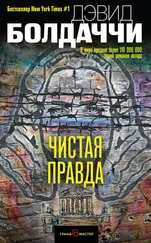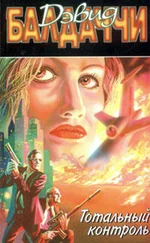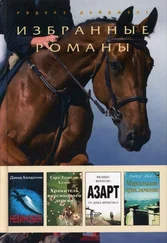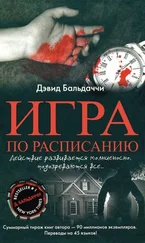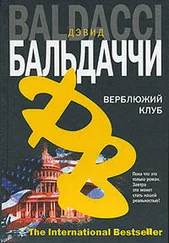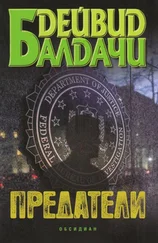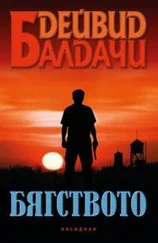“It may take a while,” Stone advised him.
“This is my top priority.” He settled back in his chair.
Three hours later they finished talking. Ashburn and the ADIC had taken copious notes on their laptops. Even the director had scribbled down some key points.
“My God,” said Ashburn. “Attacked at your home? Why didn’t you report it?”
“Since I don’t know who ordered the hit I wasn’t comfortable reporting it to anyone.”
The director grimaced. “You can trust the FBI, Stone.”
Stone looked at Chapman with an uneasy expression. She gave a slight nod.
Stone turned to the director. “There’s one more thing, sir.”
The agents focused on him.
“What is it?” asked the director.
“My friend who was attacked in Pennsylvania managed to salvage a bit of evidence from the crime scene.”
“More than what our people found?”
“A bit more, yes. It was a Russian-made submachine gun.”
The trio of agents sat back as though connected by wire.
“And the Latino workers they talked to at the bar before they were attacked saw two men taking down a basketball hoop at the tree farm. According to them the men were speaking an unusual language. It might’ve been Russian.”
The director eyed his two colleagues, put down his pen and stroked his chin.
When he didn’t say anything, Stone said, “I had a conversation previously with someone you know very well.”
“Who was that?”
“He lives in the casa blanca .”
“All right. Go on.”
“He told me that the Russians had taken over the drug business in the western hemisphere, ripping it out of the Mexicans’ hands.”
“That’s true, they have. Carlos Montoya and the others are, in essence, out of business in their own country.”
Ashburn spoke up. “But what motivation would the Russian cartels have for exploding a bomb in Lafayette Park?”
“The president said that as far as this country was concerned the Russian government and the Russian cartels were one and the same. Do you agree with that assessment?” Stone looked at the director expectantly.
He looked uncertain but finally said, “I would not disagree with it.” He tapped the table with his pen. “So what would be their possible motivation to explode that bomb and then do all the rest?”
“To show that they can, perhaps,” said Stone.
“I don’t buy that. And the Yemen terrorist group that claimed responsibility?”
“Easily manipulated. And I don’t believe that the Russians did it just to show they could.”
“What then?”
“I spent some time in Russia decades ago. The one thing I learned is that the Russians are some of the most cunning people on earth. They never do anything without a very good reason. And just because they’re no longer a superpower doesn’t mean they don’t want to be again. The president has the same opinion.”
“So this is some plot by the Russians to gain global prominence again,” said the director.
“We certainly can’t discount that possibility.” Stone folded his arms over his chest and said, “And why does none of this seem to surprise you?”
The director didn’t flinch at this blunt remark. He picked up another piece of paper. “We got some forensics tests back. The substance Agent Chapman found on the floor of the government office building has been found to match a certain weapon.”
“It was the lubrication oil for the TEC-9 submachine gun, wasn’t it,” said Chapman.
“Yes.”
“So they did fire from there.”
“Appears to be the case.”
A few seconds passed. “Is there something else?” asked Stone. The director was looking off and seemed to have forgotten there were other people in the room.
“John Kravitz.”
“What about him?”
“He also spent time in Russia.”
“When?”
“When he was in college. He was already on a couple of our watch lists. We believe he went over there to hook up with a group that specializes in mass disinformation campaigns on the Internet.”
“But nothing violent?” asked Chapman.
“No, but the nonviolent can quickly become violent. We’ve all seen that.”
“The U.S. government building,” added Stone. “Someone had access to that, and I don’t believe it was John Kravitz.”
The director nodded thoughtfully. “And Special Agent Gross actually told you that he feared his own people were spying on him?”
“Yes sir.”
Chapman nodded in agreement.
Stone added, “An agent from the ATF told us the same thing.”
The director said, “Garchik.”
“Yes. Have they found out what this mysterious component to the bomb is yet?”
“Not to my knowledge, no.”
Stone’s mouth opened slightly and he sat forward. “To your knowledge, sir?”
The director looked nervous for the first time since they’d arrived in the room. He glanced at the ADIC and nodded to the door. The man did not seem pleased by this unspoken directive, and then looked positively put out when the director stopped Ashburn from joining him. After the door had closed behind the ADIC, the director leaned forward. “Something is going on here that is unprecedented in my experience.”
“There’s a traitor in the ranks,” Stone said.
“More than that, I’m afraid. Worse than that.”
Stone started to ask how anything could be worse than having a traitor in your midst, but then he remembered what McElroy had told him.
Things can always be worse.
The director cleared his throat. “There is something going on inside our government that... that does not mesh very well with the way we do things.”
“Meaning what exactly, sir?” asked Stone.
The director rubbed his hands together.
“Some of us appear to be working at cross-purposes.”
“Some of us?” asked Chapman blankly.
“Agent Garchik is missing.”
“What?” Stone said sharply.
“And the mysterious debris component that he found at the park has also gone missing.”
“How is that possible?” asked Chapman.
“I’m not sure. It was outside our chain of command.”
“But the Bureau is the lead agency,” pointed out Stone.
“But ATF was taking the lead on the bomb forensics.”
“But an agent and evidence going missing is very unusual,” said Stone.
“Yes, of course it is,” the director said sharply.
“Any leads?” asked Chapman.
“No, we just found out about it, actually. We have teams going over the scene.”
“Where was he taken from?”
“Not exactly sure. He’s divorced, lives alone. His car is missing.”
“Signs of a struggle?”
“Not definitive.”
“No communications?”
“Neither from Garchik nor from whoever might have taken him.”
“Might have?” asked Chapman.
“We can’t rule out that he left voluntarily.”
“Who reported him missing?”
“His supervisor.”
Stone said, “Who reported the evidence missing?”
“His supervisor as well. When Garchik didn’t make his routine check-in, he became worried. One of the things he did was examine the evidence locker.”
“Garchik told us that NASA was being called in to try and ID the debris.”
“I wasn’t aware of that.”
Stone sat back as Ashburn said, “This is all really stunning.”
“The media can’t get wind of any of this,” said the director firmly. “All statements will go through my office. Is that understood?”
“I don’t talk to reporters,” said Stone, as Chapman nodded in agreement.
The director motioned to Ashburn. “Agent Ashburn will be taking over the lead on the investigation. You will work directly with her.”
Читать дальше
